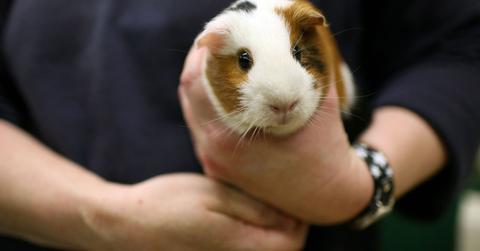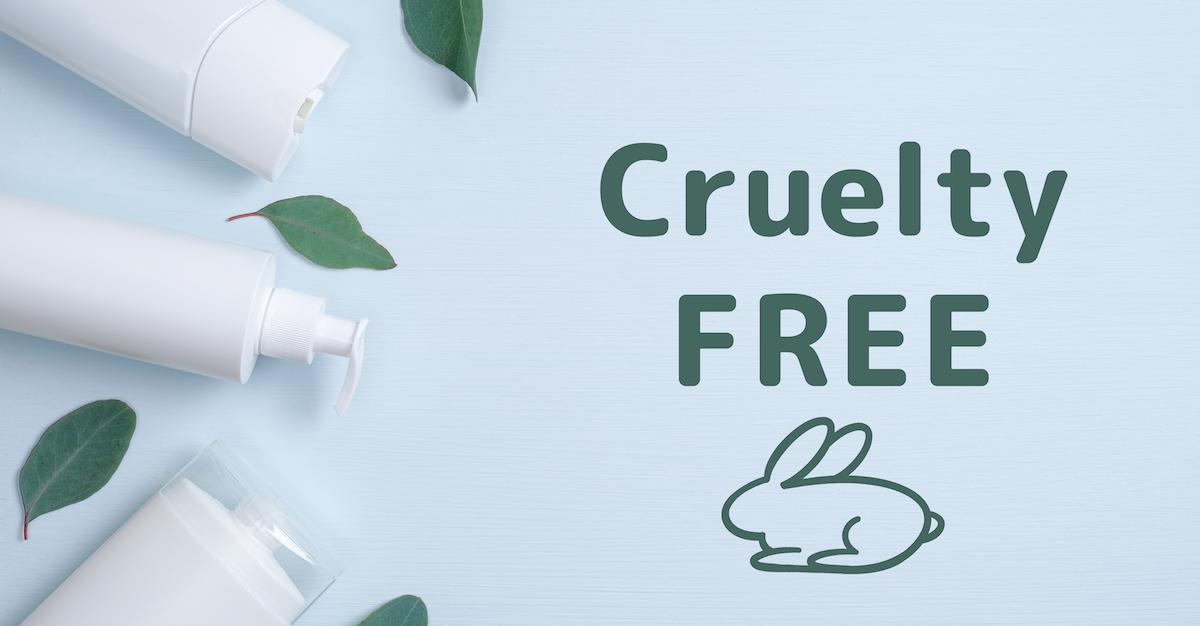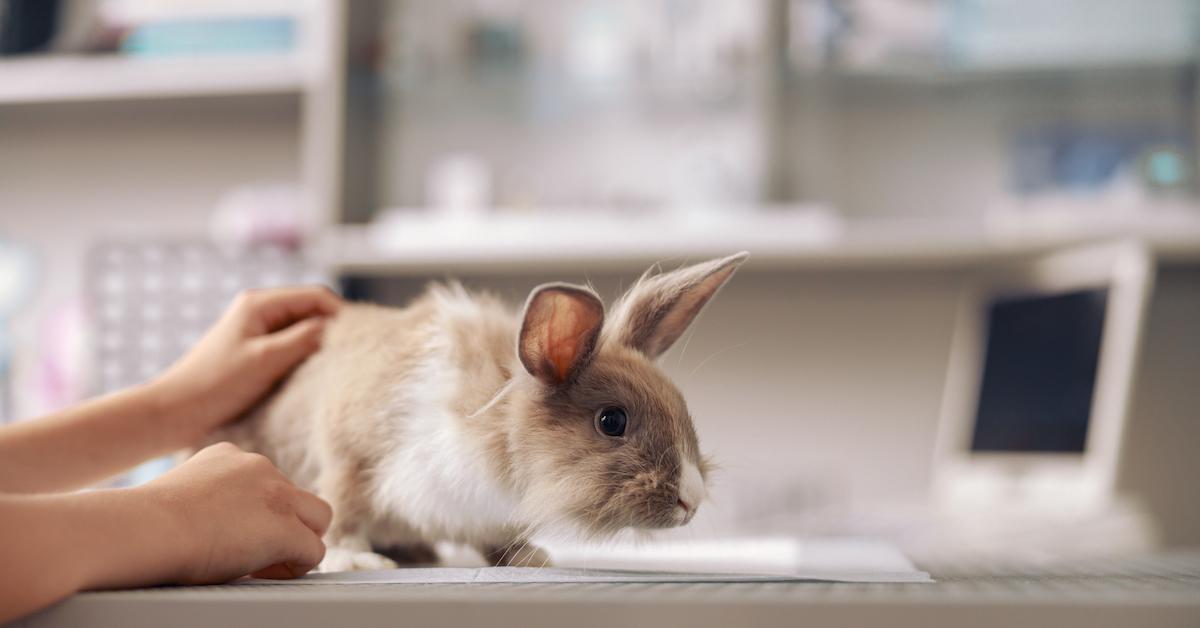Cosmetics Testing on Animals Is Now Banned in New York — Where Is It Still Legal?
Published Jan. 3 2023, 12:48 p.m. ET

Finally, New York has followed Legally Blonde's advice, to "speak for those who can't speak for themselves." Yes, the Empire State has finally banned cosmetics testing on animals. And now, environmental activists hope other states will be inspired to enact bans, too.
But where is cosmetics testing on animals already banned? And where are bans in the works? For the sake of the animals, we're hoping they become increasingly more common in years to come.
“For decades, helpless animals have been subjected to cruel and painful experiments simply for the creation of cosmetic products,” Assemblymember Linda B. Rosenthal stated in a press release. “At the same time, research methods have evolved, rendering unnecessary the requirement that animals undergo inhumane tests to help companies create a new mascara or shampoo.
"The Cruelty-Free Cosmetics Act is the final step in ensuring that New York State is free of cosmetics tested on animals for our own vanity. The old adage that ‘beauty is pain’ should never have applied to animals,” Rosenthal continued. “Science no longer supports the idea that animals must be abused to create cosmetic products and I'm thrilled that New York State has now joined nine other states and more than 40 countries in outlawing this shameful practice."

Where is cosmetics testing on animals still legal?
Finally, it seems as though cosmetics testing on animals could be phased out nationwide, within our lifetime.
According to The Humane Society, there are at least 42 bans on animal testing for cosmetics in cities, states, and communities across the country. And it isn't just within the U.S. — Brazil alone has 12 state bans. These laws prevent rabbits, guinea pigs, mice, and rats from undergoing lab tests for cosmetics products and their ingredients.
U.S. states that have banned cosmetics testing, according to CNN, are: Virginia, California, Louisiana, New Jersey, Maine, Hawaii, Nevada, Illinois, Maryland, and New York.
Companies have begun changing their policies, too. About 375 U.S.-based companies, including major brands such as: Walgreens, The Body Shop, Unilever, and H&M have all taken a stand against testing any and all cosmetics on animals.

New York's cosmetics testing ban was a major feat.
New York passed its animal testing law, known as the New York Cruelty-Free Cosmetics Act, at the end of December 2022. According to ALDF, the law prevents companies from manufacturing or selling cosmetics that were tested on animals after Jan. 1, 2023.
Companies now have access to technology that makes testing more safe, effective, and cheap, so this is a win-win situation.
The animal testing bill was sponsored by Assemblymember Linda B. Rosenthal and Senator Alessandra Biaggi. Once the law was passed, animal rights activists across the nation applauded the decision.

What does cosmetics testing entail?
Cosmetics testing on animals is a cruel and useless practice. And the logistics are truly nauseating.
Mice, rats, rabbits, and guinea pigs are most commonly used for testing cosmetics, to determine how toxic a product could be. Guinea pigs that undergo testing are usually shaved and smothered in cosmetic compounds, to detect allergic reactions; meanwhile, rats and mice are forced to eat or inhale active cosmetic ingredients.
Because rabbits are considered "hardier," they endure this kind of abuse longer — up to 90 days straight. Most of these animals, if pregnant, are forced to give birth and their babies are euthanized.
Cruelty-free products tend to undergo in vitro human tissue testing, computer derived prediction testing, and human volunteers. There is also new technology to ensure it doesn't endanger human or animal life, which is ultimately the best way to go.